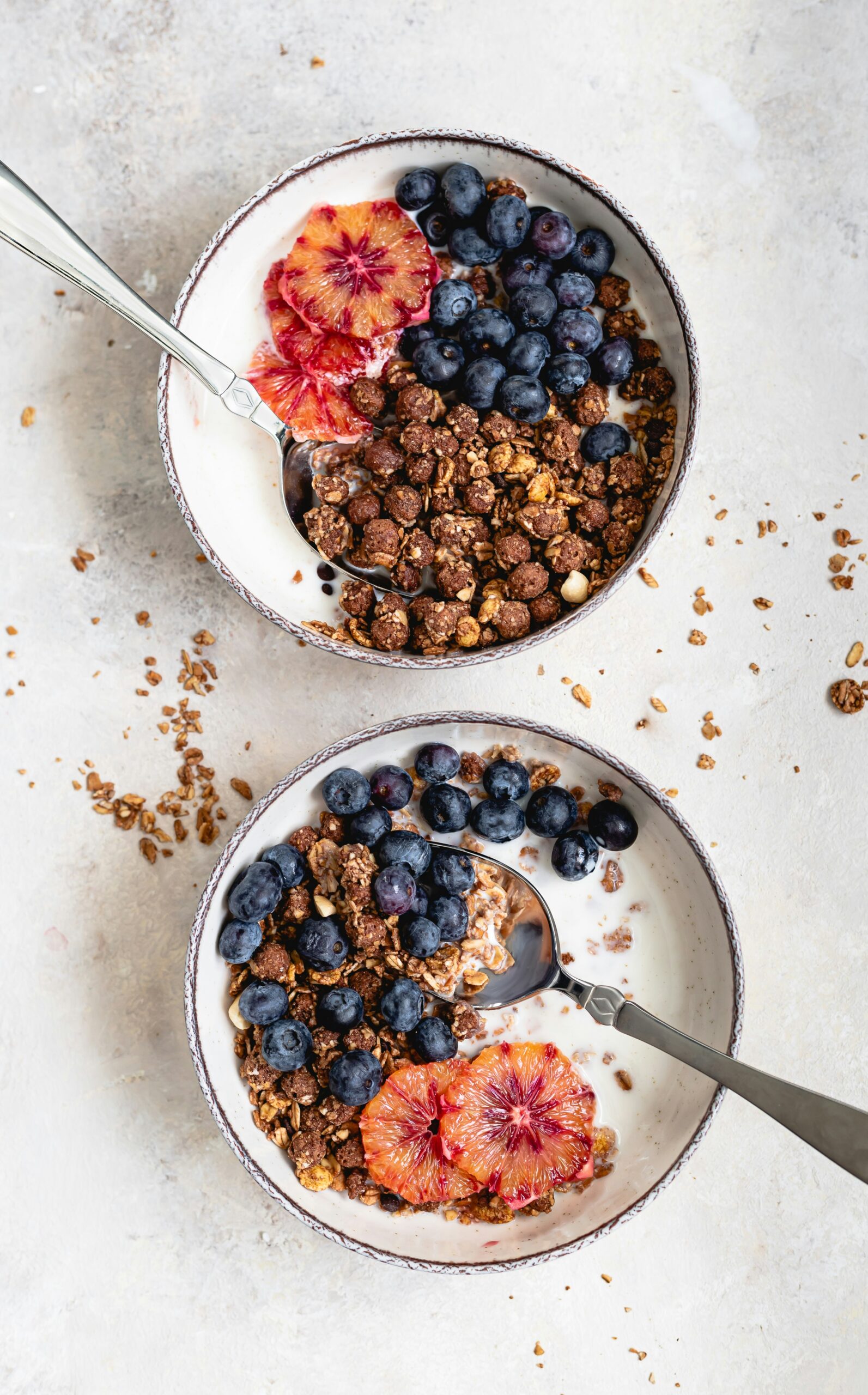the tea
“Healthy” Foods That Make You Gain Weight: The Importance of Evaluating Caloric Value and Eating in Moderation
While we often associate “healthy” foods with weight loss and nutrition, it’s essential to recognise that some seemingly nutritious options can contribute to weight gain if not consumed mindfully. In this post, we’ll explore these foods, the importance of evaluating their caloric value, and why moderation is key to achieving your health goals.
Nut Butters
Nut butters, like almond or peanut butter, are packed with healthy fats, protein, and essential nutrients. However, they are also calorie-dense. Two tablespoons can contain around 200 calories or more, depending on the brand and added ingredients. It’s easy to lose track of portions when you’re enjoying that creamy goodness on toast or in smoothies.
Tip: Stick to a measured serving and consider using nut butter as a flavourful addition rather than a main ingredient.
Avocados
Avocados are a fantastic source of healthy fats, fibre, and vitamins. But beware: a single avocado can contain around 300 calories! While they’re great for heart health, overindulgence can quickly add up, especially in dishes like guacamole or on top of toast.
Tip: Half an avocado is usually enough to enjoy the flavor and benefits without going overboard on calories.
Granola
Granola is often marketed as a health food, but many store-bought varieties are loaded with sugars and fats, significantly increasing their caloric content. A single cup of granola can pack in 400 calories or more!
Tip: Opt for homemade granola or choose brands that prioritise whole grains and minimal added sugars. Be mindful of serving sizes—just a handful can complement your yogurt or smoothie.
Healthy Oils
Healthy oils like olive oil and coconut oil are great for cooking and adding flavor to dishes. However, they are high in calories, with a tablespoon containing around 120 calories. When cooking, it’s easy to pour more than intended.
Tip: Use a measuring spoon or spray oils to control how much you’re using and incorporate these oils as part of a balanced diet.
Smoothies
Smoothies can be incredibly healthy, loaded with fruits, vegetables, and proteins. But if you’re not careful, they can turn into calorie bombs, especially when adding nut butters, sweeteners, or high-calorie bases. A smoothie can easily exceed 500 calories.
Tip: Be mindful of your ingredients and focus on a balance of fruits, veggies, protein, and healthy fats while keeping portions in check.
Cheese
Cheese is a delicious source of calcium and protein but is also high in calories and fat. A single ounce of cheese can range from 100 to 120 calories, and it’s easy to pile on more than that when adding it to meals or enjoying it as a snack.
Tip: For a balanced snack, opt for lighter cheese options or limit portions by pairing it with fruits or whole-grain crackers.
Energy Bars
Energy bars can be a quick and convenient snack, often marketed as health foods. However, many are packed with sugars, fats, and calories, with some bars containing upwards of 250 calories each!
Tip: Always read the labels and choose bars with whole ingredients. To control the ingredients and calories, make your own energy bars at home.
Moderation is Key!
The takeaway? Even healthy foods can contribute to weight gain if consumed in excess. It’s essential to evaluate the caloric value of what you’re eating and be aware of portion sizes. Remember, it’s not just about what you eat but how much you eat that matters.
To maintain a healthy lifestyle, strive for balance and moderation. Incorporating a variety of foods while being mindful of their caloric content can help you enjoy the foods you love without sacrificing your health goals.
